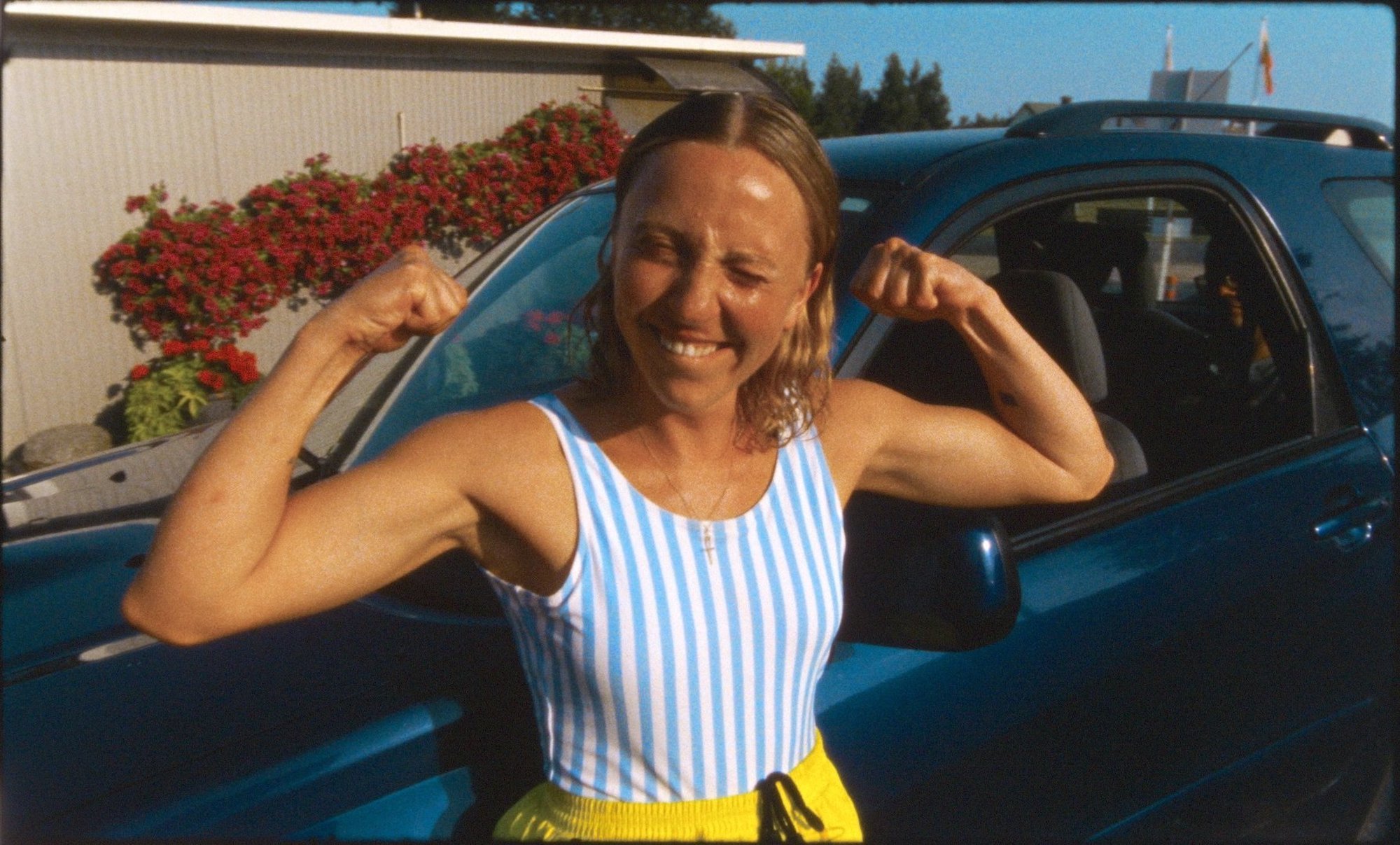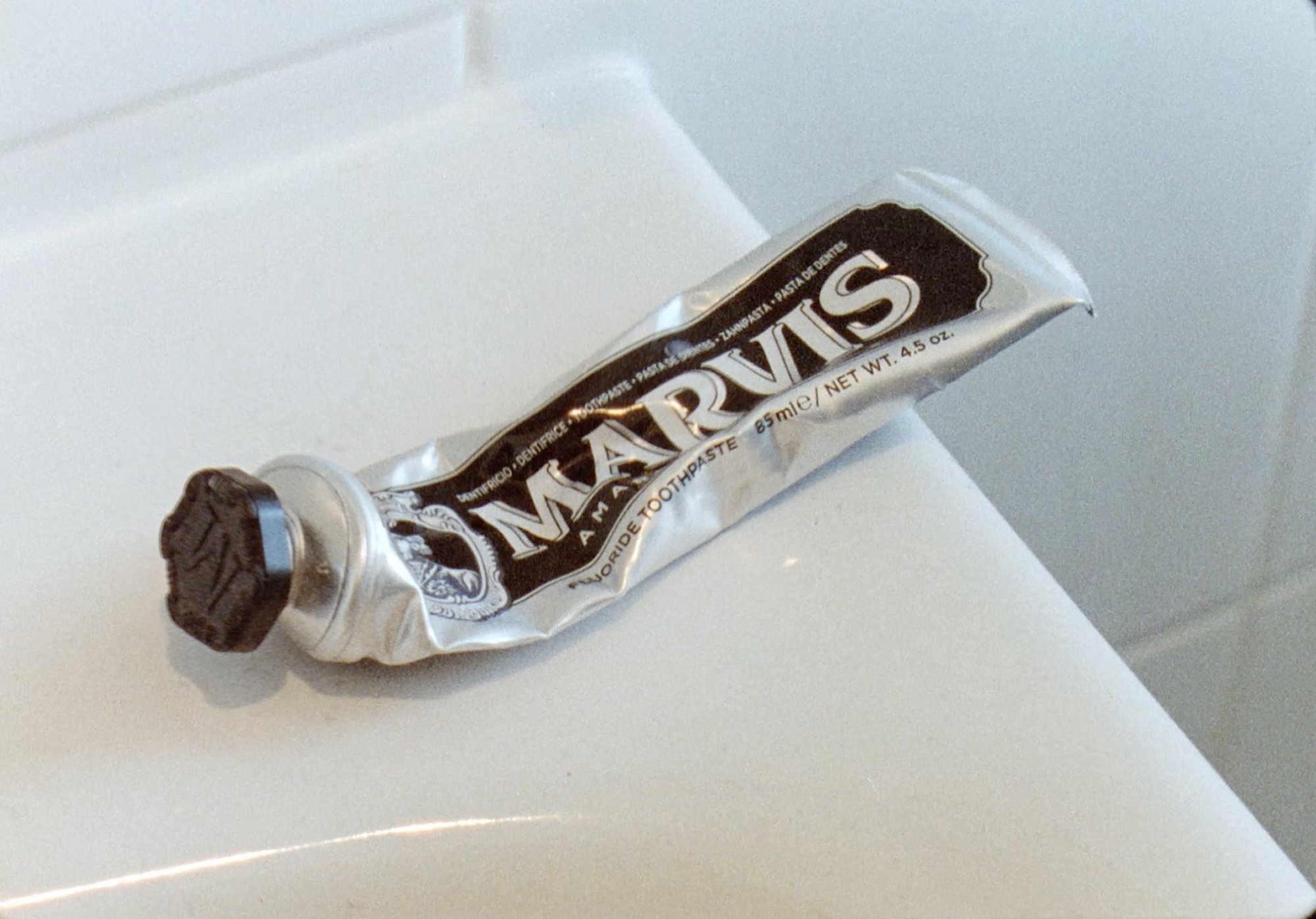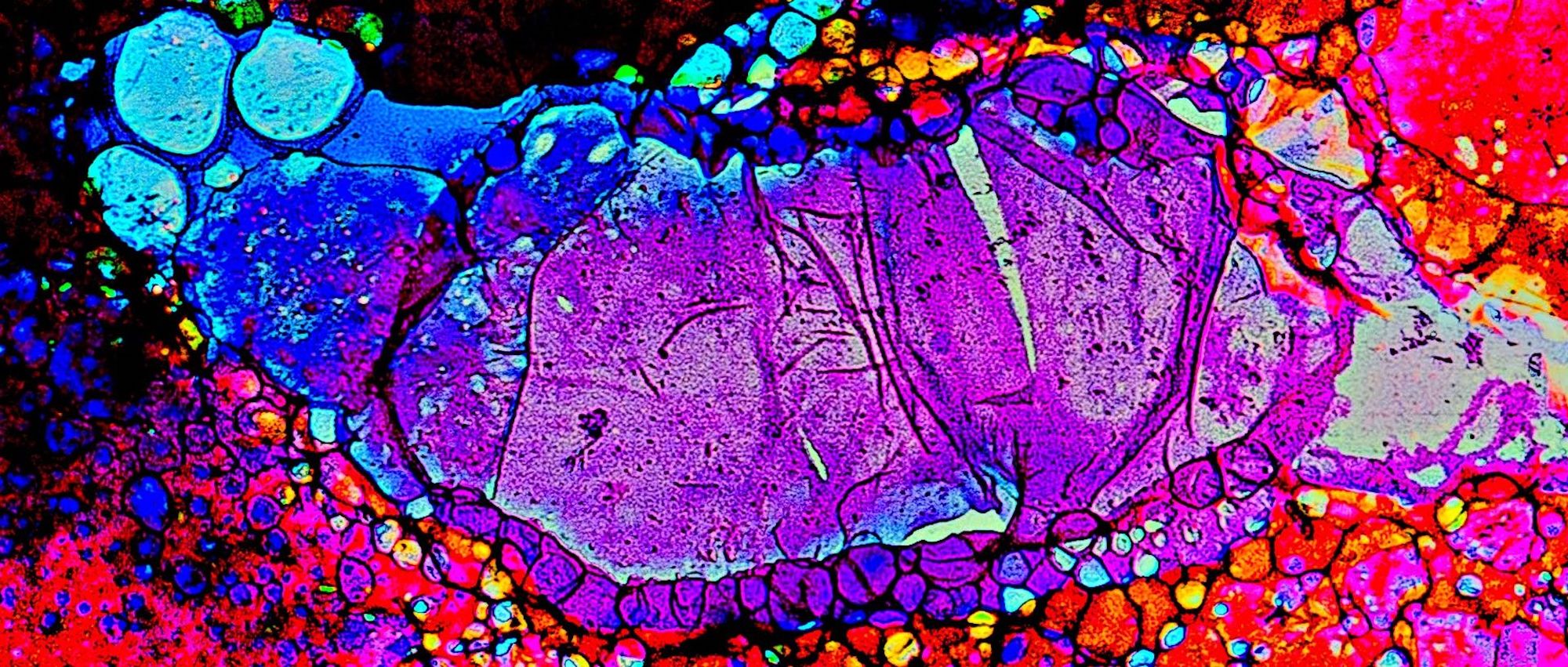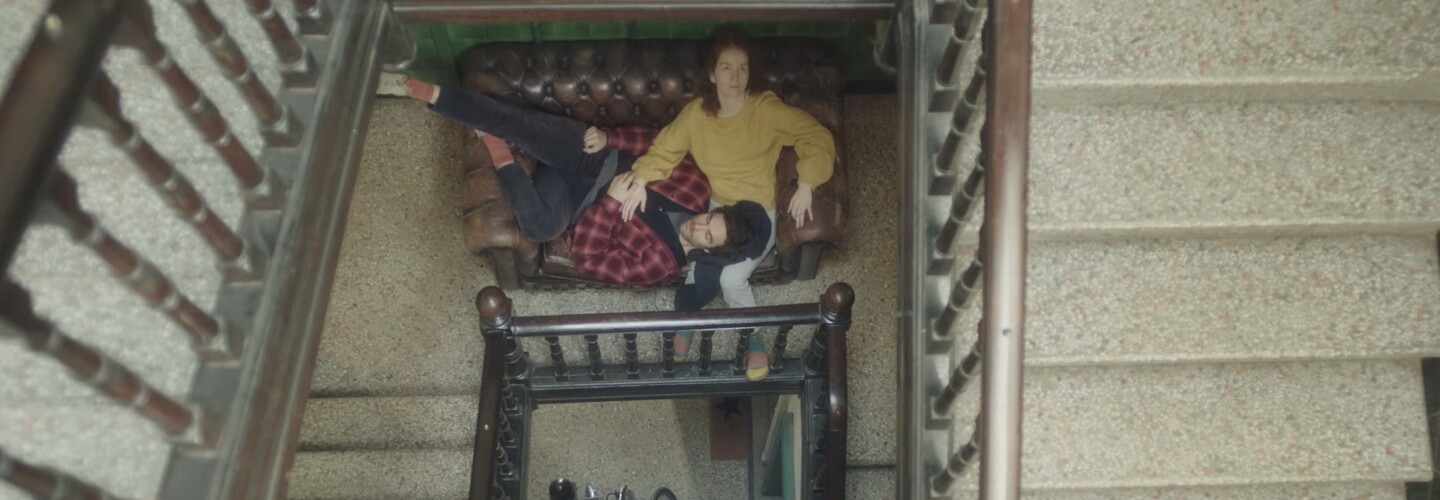
The excellent selection available at this year’s Glasgow Shorts Film Festival, running in-person between the 22-26 March, is everything you would want from a short film festival, and then some. Spanning the personal, political, purely abstract, absurd and metafictional, this year offers a variety of open-hearted expressions, probing both the inner workings of the human experience and how it relates to the wider world.
While the larger selection is far more comprehensive than the small slice of films I had the chance to watch, both the Scottish Shorts and the International Films reflect a strong desire from the Glasgow Shorts programming committee to champion work that challenges, confounds and contradicts commonly-held notions while also never losing sight of highlighting strange and unique cinematic visions. Sifting through nearly 50 films, we have picked ten particularly strong shorts that we believe are definitely worth putting on your radar.
// Scottish Shorts //
Outlets – Duncan Cowles
Not just one film but sixteen fragments in search of a film, Outlets is representative of the openly-metafictional strand of films throughout Glasgow Shorts that use their reflexivity in pursuit of a more naked truth. In it, DN alum director Cowles tries to put off dealing with his grandmother’s death by creating a new film. Nonetheless, no matter whether it’s a Danish cooking video or a short animation, the thought of his granny no longer being with him is an ever-recurring thought. It’s the brilliant way he finally confronts the elephant in the room that provides Outlets with its remarkable emotional power.

To Do – Saul Pankhurst
If Outlets shows how hard being productive in the midst of grief is, Saul Pankhurt’s To Do uses a mixture of screen-capture, wellness satire and hectic cutout animation and audio to elucidate how overwhelming the stresses of simply everyday life can be — especially in the digital age, where it’s impossible to ever log off. Superbly edited, the mixture of meditation pastiche against a never-ending to-do list puts one into a trance, all the while laying bare the very universal emotion of having too much to do, too much of the time.
The Möbius Trip – Simone Smith
Simone Smith’s The Möbius Trip is caught in a similar recurring pattern as To Do, expanding one man’s myopic search for clarity into a family’s never-ending car journey towards a wedding. Using a claustrophobic 4:3 ratio, ominous drone shots and foul-mouthed, overlapping dialogue, the journey refracts and collapses upon itself to suitably hallucinogenic effects. Both otherworldly yet uncannily familiar to anyone who has been stuck on an endless car journey with their family to the absolute nether regions of the UK.
Close – Tom Gentle
While you can’t choose your pre-existing family, you can choose who you want to start a family with. A simple premise, exquisitely executed, Tom Gentle’s Close uses its central conceit to probe the difficulties at the heart of any relationship — namely, falling into complacency, ease and never challenging your comfort zone. It tells the story of a couple moving a couch out of their apartment before realising that they forgot their flat keys. Stuck on the same sofa while waiting for a locksmith, this temporary, distended space provides an opportunity to reflect. Ostensibly a comic film, it slowly builds in pressure to create a moving reverie on what it means to keep a relationship together.

Embers from Yesterday, Aflame – William Hong-xiao Wei
If the relationship in Close feels painfully real, Embers from Yesterday, Aflame — one of the best experimental shorts I’ve seen in a while — renders romance, captured on celluloid, a flickering, disintegrating abstraction, glanced in quick, staccato frames. Grainy, ever-moving images of black-and-white trees take up the screen, moving onto individual film stock, before morphing into a riot of popping, confrontational colour, accompanied by a suitably atonal score. All the while, images of couples and city streets punctuate the chaos, creating a mesmerising experience that deserves to be seen on the biggest screen possible.
// International Shorts //
45th Parallel – Lawrence Abu Hamdan
The Haskell Free Library and Opera House, straddling the US-Canadian border, provides the setting for a reverie on the nature of borders in Lawrence Abu Hamdan’s 45th Parallel, with three interweaving stories given through monologue by Mahdi Fleifel. The militarisation of national security, the unique spaces for criminality and lawlessness, and questions of murky legality are explored here in great detail, always landing on the side of the victims while explicitly showcasing the pain and suffering caused by over-policed lines on the ground. A touching mixture of the non-naturalistic essay film mixed with pointed documentary forms.
All The Things You Leave Behind – Chanasorn Chaikitiporn
The United States of America might be keen to keep immigrants out of their country, but poorer nations around the world have little choice when it comes to the American military setting up camp in their home. Chanasorn Chaikitiporn’s All The Things You Leave Behind, mixing low-quality archive footage with blatantly robotic narration, creates an uncanny, ghostly look at the US military’s involvement in Thailand during the Vietnam war — using the Kingdom that was previously never conquered by any Western army as a base for operations. A fine piece of work, illuminating a part of history I knew little about.
Amok – Balázs Turai
While the violent images in All The Things You Leave Behind are muted somewhat by the use of black-and-white photography, the full spectrum of colour, including bright reds and pinks and blues, in Amok makes the mayhem truly pop off the screen. A particularly inspired Hungarian animation, it tells the story of a creepy gnome who wreaks havoc wherever he goes, including one man who loses everything and vows revenge. At times a body horror, at others an action anime, Amok is a shape-shifting, delirious thing that will prove to be an easy audience crowd-pleaser.
Cherries (Uogos) – Vytautas Katkus
Shot on a nostalgia-inducing Kodak film that gives off the feeling of home video, Vytautas Katkus’ Cherries is a deceptively simple work from Lithuania filled with manifold pleasures. There’s the brightness and clearness of a hot summer’s day, filling the screen in a way digital could never capture; there’s a curtain-raising monologue about getting older; and there’s a father and son finding a way to communicate through picking cherries in the garden. Gently mixing magical realism and direct address into what is otherwise a documentary-like observation of familial bonding, Cherries is an assured work that lingers long in the memory.
Will You Look at Me – Shuli Huang
While the father-and-son relationship in Cherries is cemented through manual labour, Director Shuli Huang’s relationship with his mother is in a much thornier, difficult state. Coming out as a homosexual in a country where gay rights are almost non-existent, audio of maternal confrontations is contrasted against grainy, shaky footage of the countryside flitting by on the train. Aided by a gorgeous score and a willingness to find common ground, this LGBT-positive reverie is both a brave act of resistance and an extraordinary work of empathy.
You can find more unmissable films, like the ones featured at the Glasgow Short Film Festival, in our Best of Fest collections.


